 hearing and hearing loss
hearing and hearing lossBlog overview
Take the time to read through more of our informative blog articles, created to give you information around everything to do with hearing, hearing care and more.
Our Latest Blog Articles
 hearing and hearing loss
hearing and hearing loss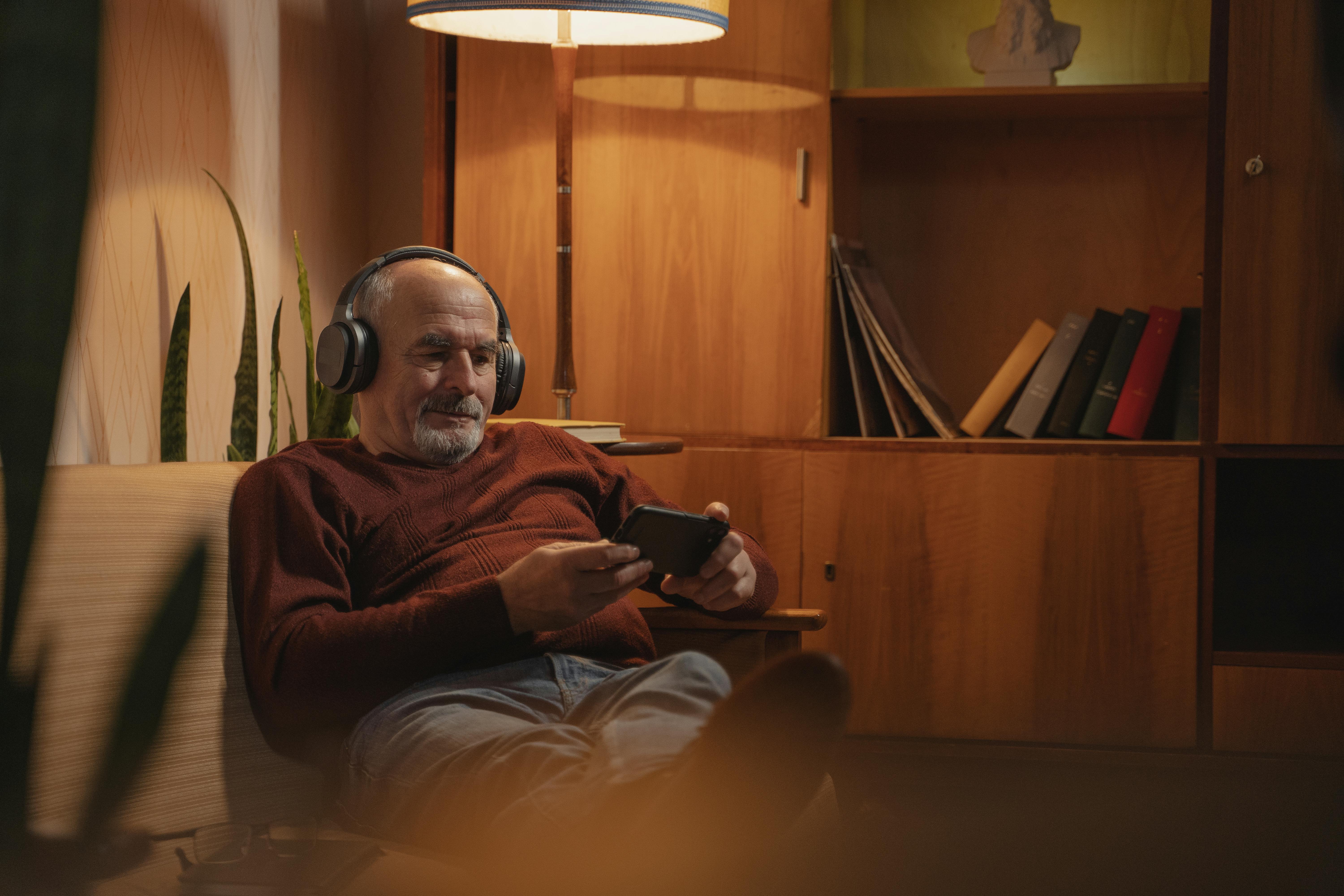 tinnitus
tinnitusHearing Health Articles
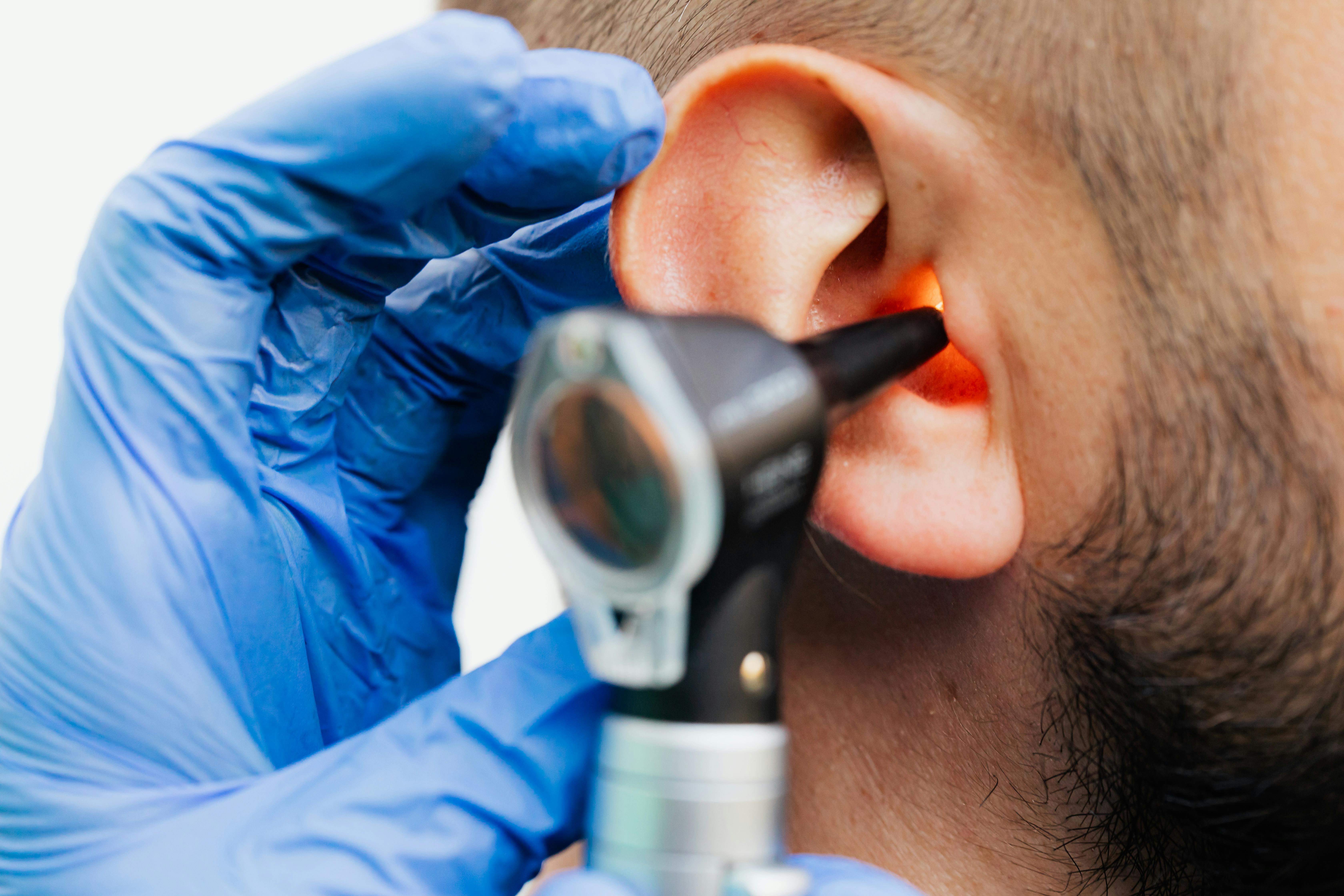 hearing health
hearing health hearing health
hearing health hearing health
hearing health hearing health
hearing healthConnect Hearing
Mar 27, 2023
Do Your Ears Get Red and Hot? 10 Reasons Why!
Red Ears — it’s something that happens occasionally and there is usually an easy explanation. The outer ear has delicate, sensitive skin and is made up of “hills and valleys” that collect sound waves and channel them into the auditory canal. But sometimes, things can happen to cause what’s called vasodilation where blood flows to the external ear causing it to appear red, hot, and irritated.
 hearing health
hearing healthConnect Hearing
Feb 3, 2023
World Hearing Day - Ear and Hearing Care for All!
Over 1.5 billion people live with hearing loss, but there's still much misinformation about hearing loss prevention, hearing tests, and more. That's why days like March 3, the World Health Organization's World Hearing Day, are so important. Whether you want to contribute for one day or the entire month of March, you can help raise awareness about hearing loss and make a real difference in people's lives. In recognition of this year's theme, "Ear and hearing care for all!" we've compiled a list of ways you can promote good hearing health in your community.
 hearing health
hearing healthConnect Hearing
Dec 22, 2022
Tips for Navigating Christmas With Hearing Loss
Christmas is a time for families and friends to spend together, and you and your loved ones deserve to enjoy every moment. Hearing issues don't have to impact the fun. By making just a few changes, holiday get-togethers can become much more supportive environments for anyone hard of hearing.
Hearing Aids and Technology Articles
 hearing-aids-and-technology
hearing-aids-and-technology hearing-aids-and-technology
hearing-aids-and-technologyConnect Hearing
Dec 14, 2020
Modern hearing aids
Modern technology and advances in the field of hearing aids make it possible for you to live a life without limitations. In addition, modern hearing aids offer many other functions that make everyday life with a hearing aid easier and more convenient. Find out more below about the advantages of modern devices, and what the future of hearing aids holds in store.
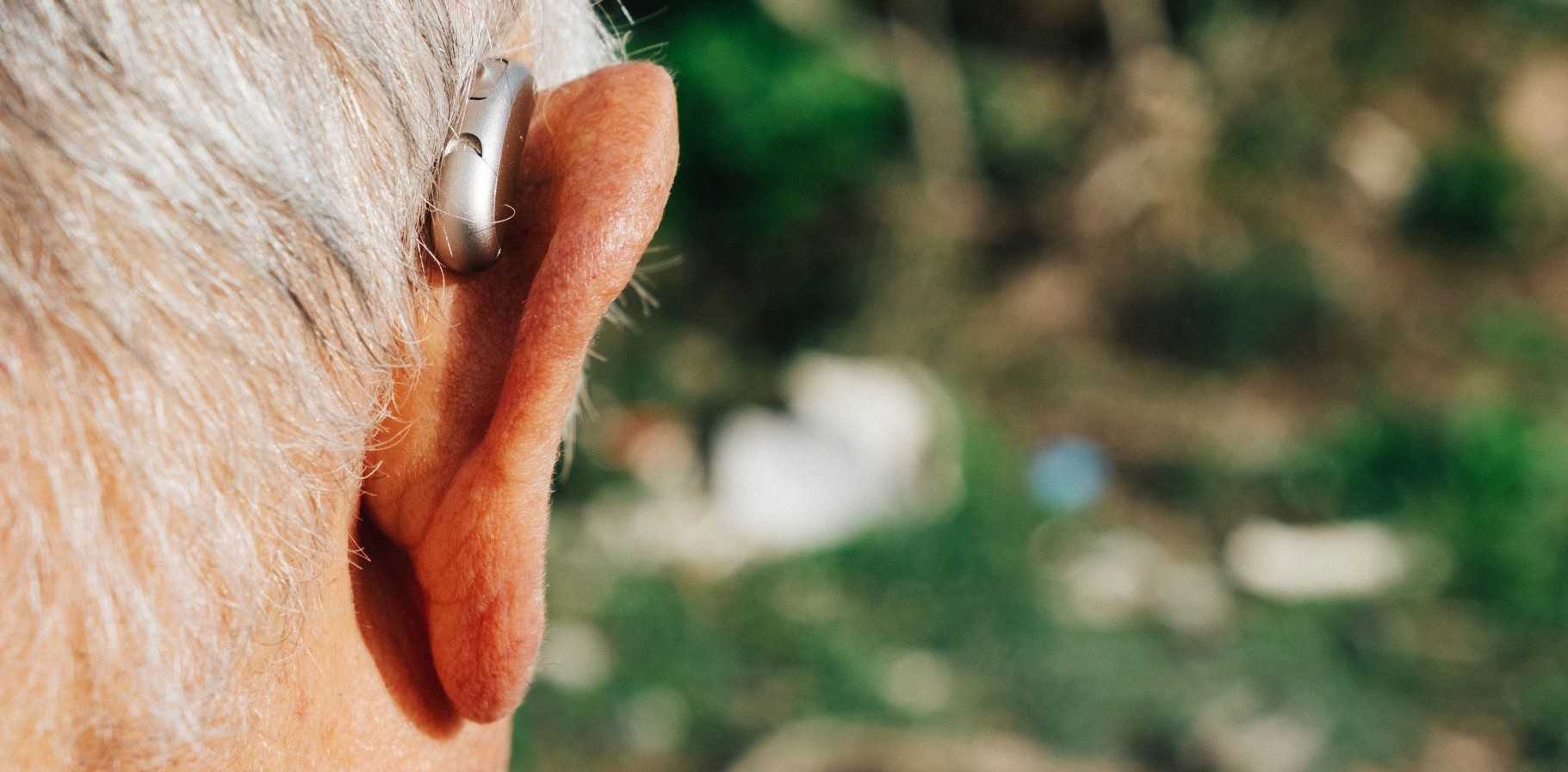 hearing-aids-and-technology
hearing-aids-and-technologyConnect Hearing
Jul 25, 2023
Hearing Aid Dos and Don'ts
If you rely on your hearing aids to stay connected to the world of sound, it can be tempting to wear them all the time. But just like any tech, there are times when it's best to give your hearing aid a break. In this blog post, we'll walk you through some simple dos and don'ts of wearing your hearing aid so you'll know exactly when and where it’s okay to use it.
 hearing-aids-and-technology
hearing-aids-and-technologyConnect Hearing
Dec 14, 2020
Hearing aid batteries
Hearing aids are becoming increasingly smaller and more powerful, regardless of whether they run on standard or rechargeable batteries. While a rechargeable battery can be regularly charged, standard hearing aid batteries will need to be replaced. In general, when deciding on which battery to buy, it's worth taking the following into consideration: type, performance, manufacturer, service life, quality, and capacity. Below you will find all the information you need to make buying and changing your batteries as straightforward as possible, allowing you to get the most out of your hearing aid.
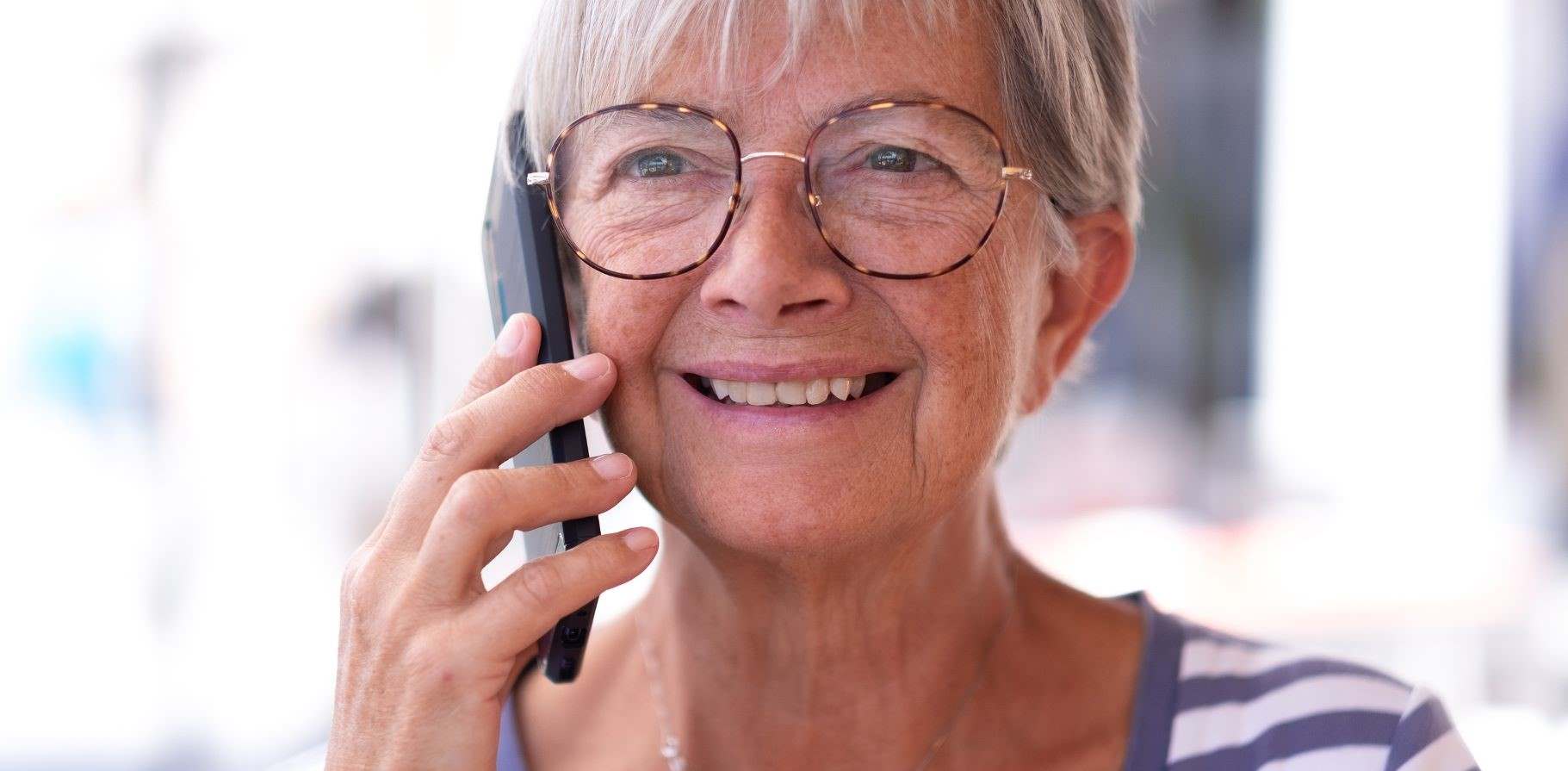 hearing-aids-and-technology
hearing-aids-and-technologyConnect Hearing
Jun 24, 2023
Best Apps for People Who Are Hard of Hearing or Experiencing Hearing Loss
The development of hearing aids was a huge development to improve the lives of anyone experiencing hearing loss. And as technology is improving all the time, there are now hundreds of apps for hearing-impaired people available that can make communication and entertainment more accessible.
 hearing-aids-and-technology
hearing-aids-and-technologyConnect Hearing
Jun 24, 2023
9 Tips for Troubleshooting Your Hearing Aid
There’s nothing more frustrating than a hearing aid that’s not working properly. Like any kind of electronic device, hearing aids can malfunction from time to time. But with these handy hearing aid troubleshooting tips, you should know what to do the next time you’re having a problem with your device.
Tinnitus Articles
 tinnitus
tinnitus tinnitus
tinnitus tinnitus
tinnitusConnect Hearing
Dec 1, 2024
The 7 best ways to relieve stress tinnitus
If you suffer from tinnitus, otherwise known as ringing in the ear, you are probably eager to find a way to eliminate the annoying sounds. While getting rid of the condition is not particularly easy, there are effective ways to help alleviate your symptoms. Read on the learn more.
 tinnitus
tinnitusConnect Hearing
Nov 14, 2024
Pulsatile Tinnitus
Pulsatile tinnitus is a rare condition, brought on by constricted blood flow in and around the ears. While tinnitus consists of seemingly random hissing, rushing or roaring sounds, with pulsatile tinnitus, the sounds come in time to the rhythm of your own heartbeat. Most people experience pulsatile tinnitus in just one ear, but it can occur in both. And while pulsatile tinnitus usually isn’t anything to worry about, the condition may be a sign of an underlying health complication – so speak to your GP if you’re not sure what’s causing your symptoms. Here, we’ll look at some of the most important information about pulsatile tinnitus.
 tinnitus
tinnitusConnect Hearing
Jul 9, 2023
Most Common Causes of Tinnitus Flare-ups and Spikes
Tinnitus is a hearing condition where sufferers hear a continuous ringing in the ears. While temporary tinnitus caused by something like being at a rock concert will usually go away by itself after a few days, chronic tinnitus is always there.
Hearing Loss Articles
 hearing and hearing loss
hearing and hearing loss hearing and hearing loss
hearing and hearing loss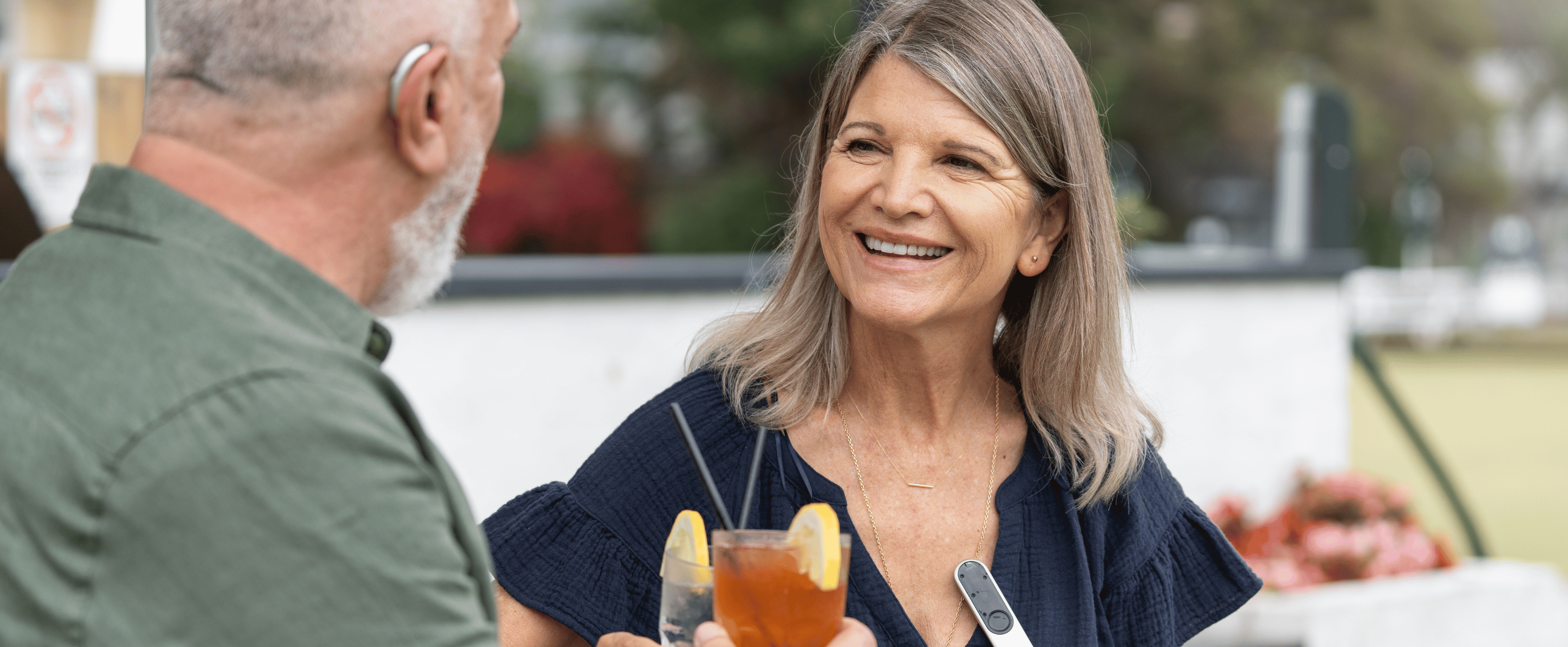 hearing and hearing loss
hearing and hearing loss hearing and hearing loss
hearing and hearing loss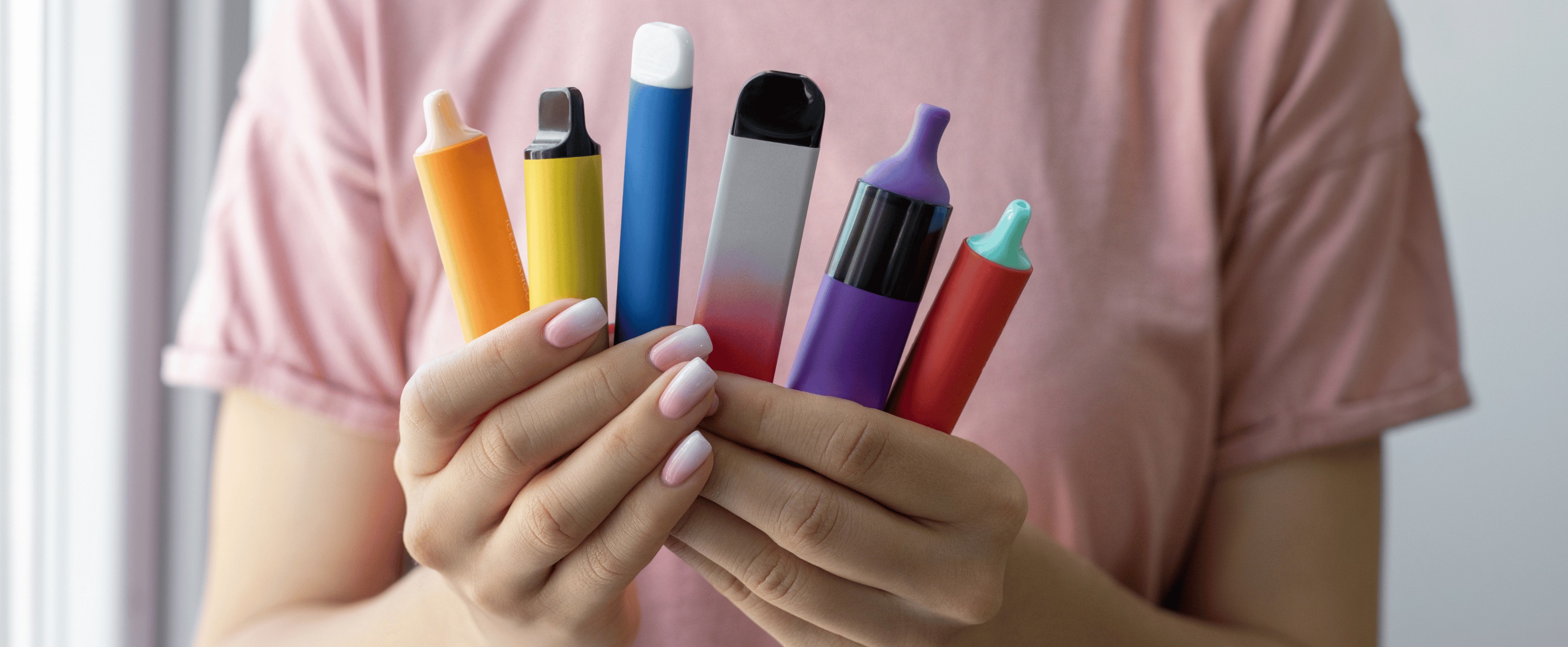 hearing and hearing loss
hearing and hearing loss.png?branch=web_prod)

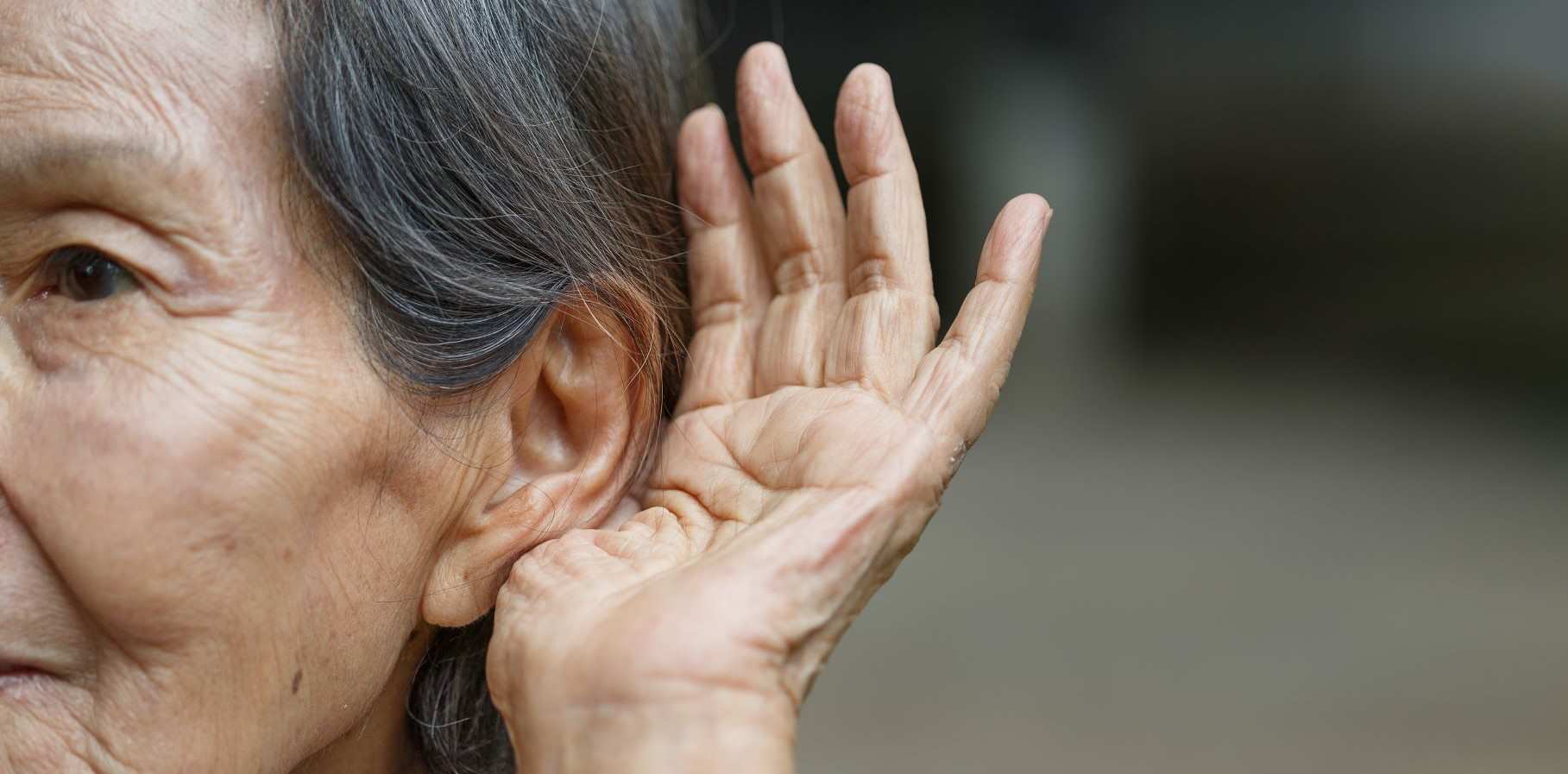

.png?branch=web_prod)